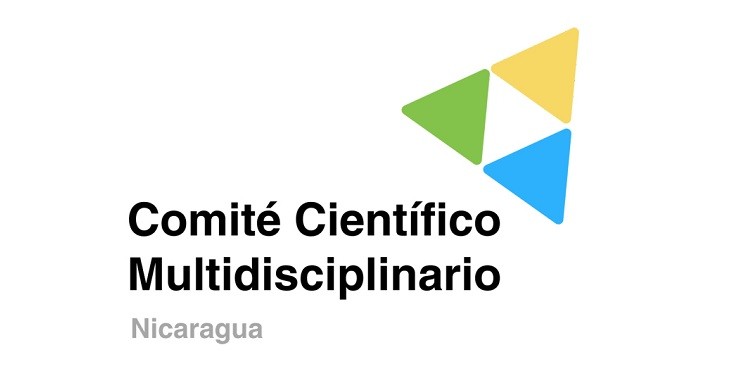News
November News 2020
Currently @ LATINNO
In November, Latin America witnessed several disruptive political and social events. In Peru, the impeachment of ex-President Martín Vizcarra resulted in an institutional crisis that led to massive protests, forcing the immediate resignation of Manuel Merino as interim President. In Guatemala, cuts in the budget law led demonstrators to set fire in the Congress and demand the resignation of the president. In Brazil, the murder of Joao Alberto Silveira Freitas -a black man who was beaten to death by supermarket security guards- has outraged citizens, while increasing tensions with President Bolsonaro, who constantly downplays racism in Brazil.
Meanwhile, hurricanes Eta and Iota devastated several communities, affecting more than 3.5 million people in Central America, leaving a humanitarian crisis behind that has also impacted some areas in Mexico and Colombia. This, in turn, has exacerbated the effects of the COVID-19 pandemic, which continues to pose a major challenge for governments in the region.
Under this complex panorama, civil society’s initiatives to ease the impact of the pandemic have become increasingly important and will likely become crucial for the recovery of Latin America.
This month, our newsletter presents LATINNO’s latest research endeavor to map civil society initiatives against COVID-19.
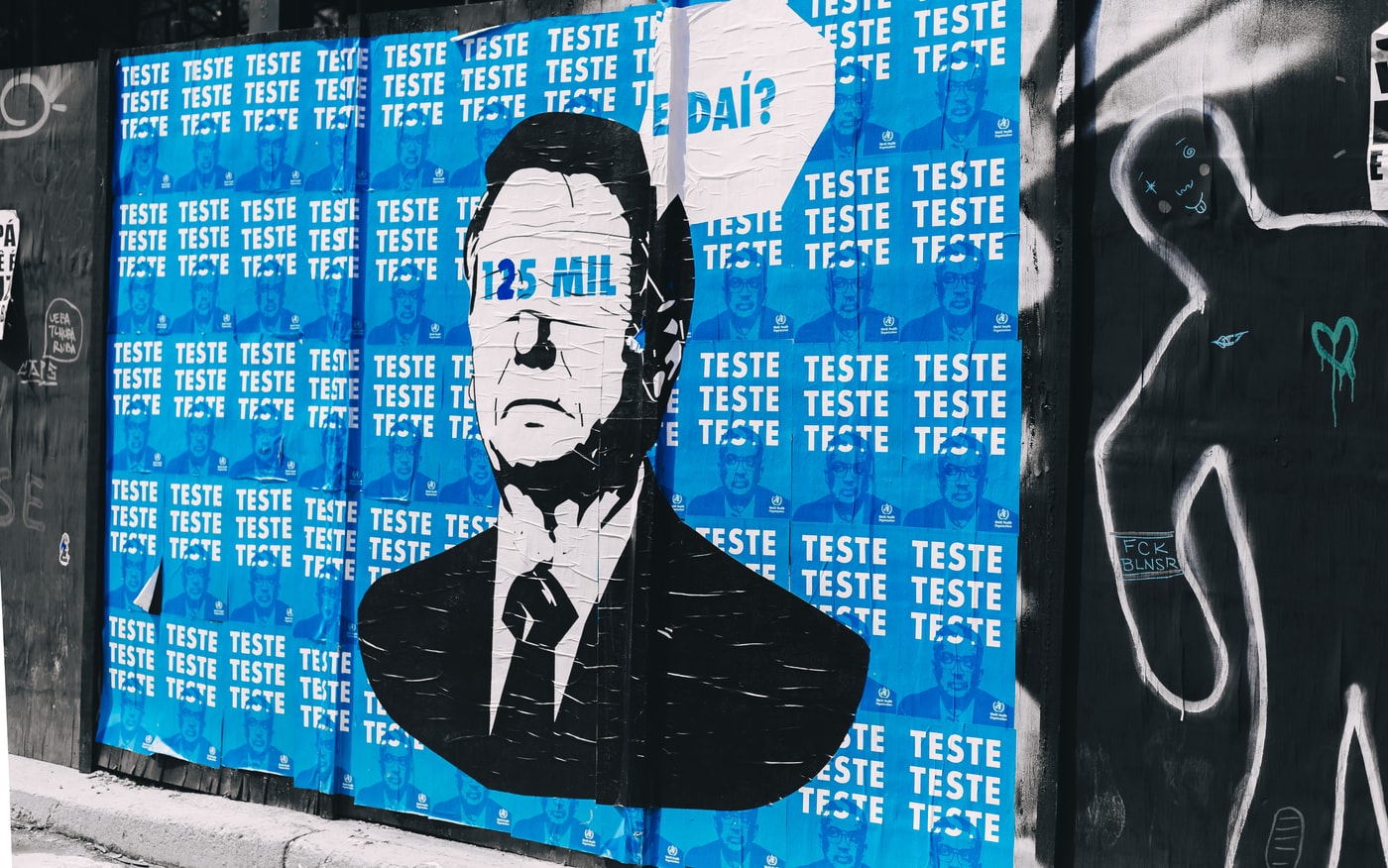
COVID-19 Initiatives in Latin America: A LATINNO Mapping
Throughout the summer, the LATINNO team has been mapping civil society initiatives that address social, political, economic, and public health problems derived from the pandemic. We were guided by the question: how does civil society respond to such complex challenges when government action isn’t enough?
To answer this question, our team has mapped civil society-led initiatives in 18 countries. You can check them out here. Additionally, we have identified dozens of new digital democratic innovations - most of which also led by civil society organizations - which rely on citizen participation to respond to the COVID-19 crisis.
We invite all of you to check out and disseminate this mapping and welcome information on other initiatives that might be missing from this list. So far we have mapped over 90 democratic innovations that involve digital citizen participation and other 300 civil society initiatives.
In this newsletter, we are presenting some democratic innovations against Covid-19. Stay tuned for an upcoming newsletter dedicated exclusively to COVID-19 Initiatives!
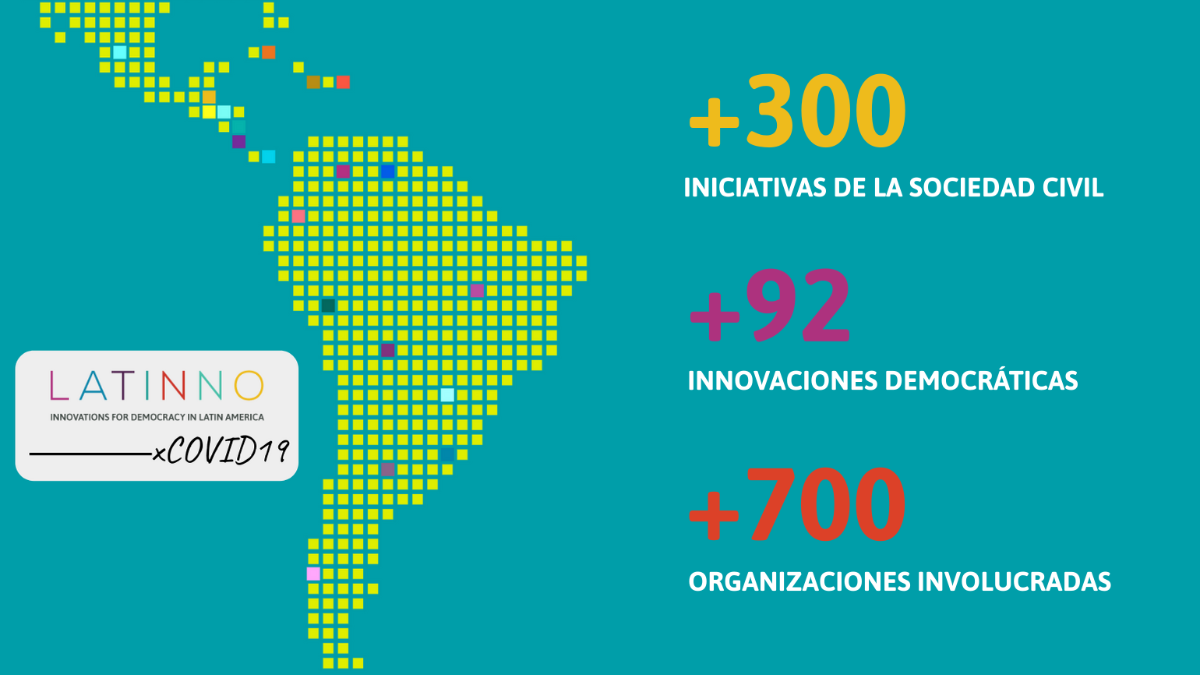
FEATURED CASES:
National Meetings of Young People of African Descent - Panama
The national meetings of young people of African descent are platforms for dialogue and reflection for the Afro-Panamanian youth, with the aim of influencing the political agenda. Civil society organizations have partnered with government authorities and international organizations to summon meetings. These meetings have built ties between Afro-descendant leaders and resulted in consensus and initiatives from the civil society.
The fourth meeting, convened in 2020, focused on the situation of Afro-Panamanian youth in the context of the health crisis generated by COVID-19 and the challenges to be faced. The meeting was held virtually via Zoom, where approximately 100 actors participated to discuss 26 policy points.
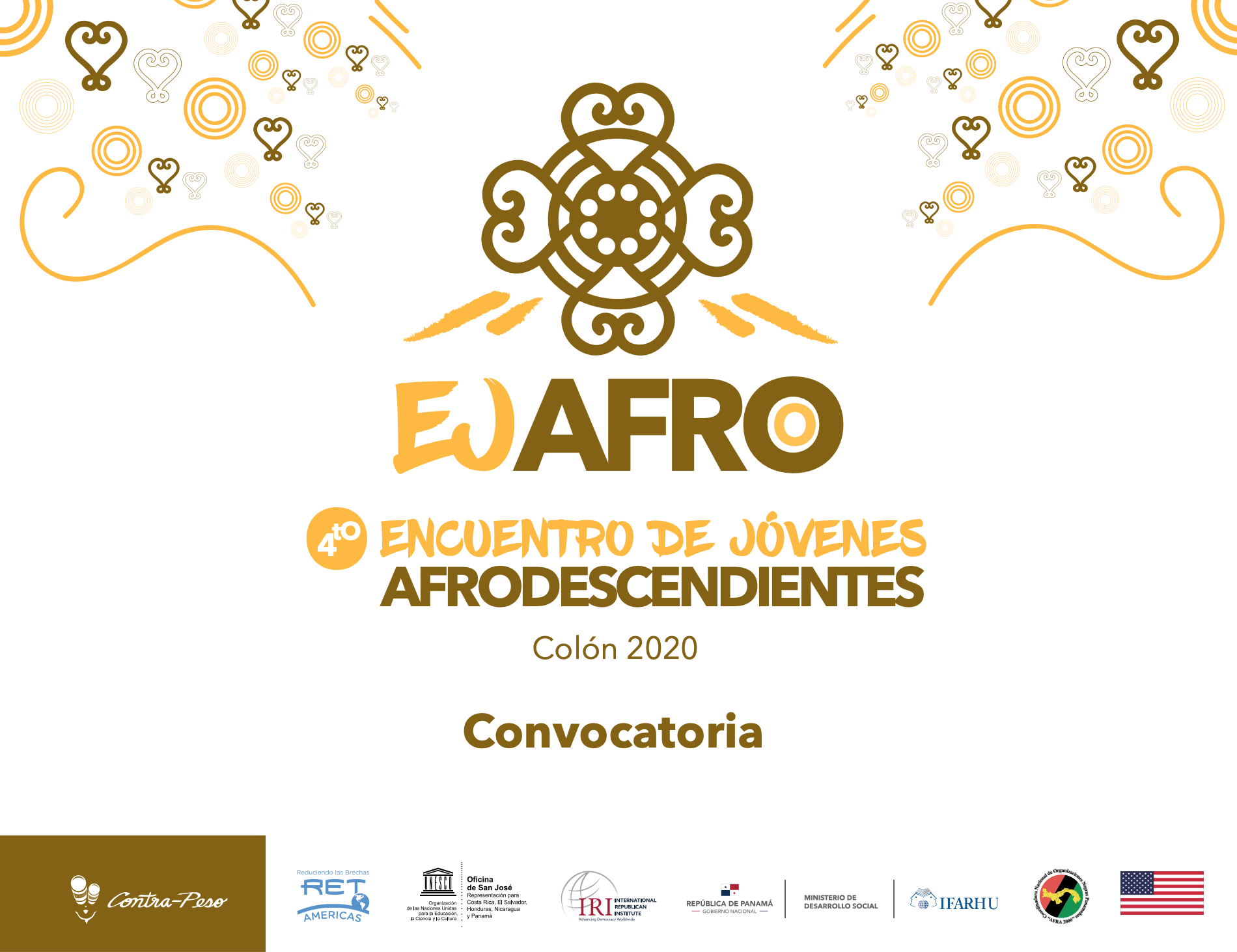
Connected El Salvador - El Salvador
"Connected El Salvador" (Span. El Salvador Conectado) is a citizen initiative implemented with the objective of seeking technological solutions to address the COVID-19 pandemic. The initiative focuses on the solution of four main issues: access to information, combating false news, help during the COVID-19 crisis, and citizen empowerment. Citizens interested in participating can register as volunteers in any of the four themes to exchange ideas and contribute to existing initiatives, or they can also suggest new topics for discussion.
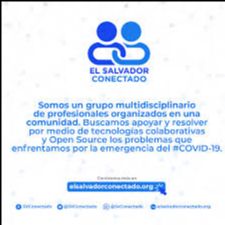
Multidisciplinary Scientific Committee - Nicaragua
In the face of the public health emergency unleashed by the COVID-19 epidemic in 2020, a group of medical doctors and scientists autonomously formed the “Multidisciplinary Scientific Committee” in order to provide recommendations and information to both the general public and the National Government.
In reaction to the lack of government action at the beginning of the epidemic, the citizens who voluntarily participate in this Committee decided to offer their knowledge and expertise to slow down the spread of the virus and prevent consequences on the health of the population. The members of the Committee issue press releases with recommendations based on scientific evidence and offer direct attention to citizens with symptoms or doubts regarding the pandemic.
